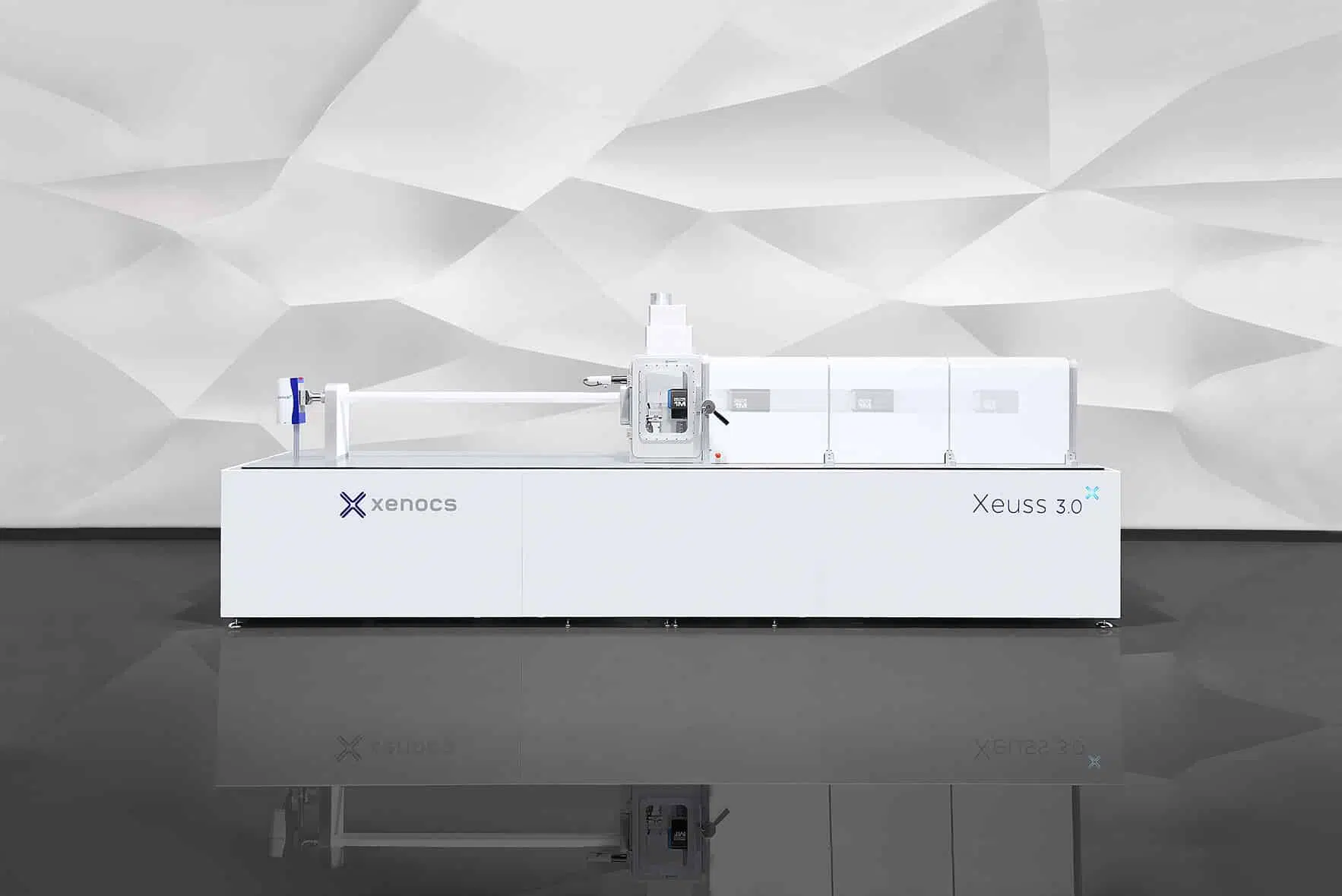The Journal of Physical Chemistry B, 2014, vol 118, 9, pp. 2582-2588
DOI:10.1021/jp500568a
Abstract
Fluorinated core?shell spheres have been synthesized using a novel semibatch emulsion polymerization protocol employing slow feeding of the initiator. The synthesis results in aqueous dispersions of highly monodisperse spheres bearing a well-defined poly(ethylene glycol) graft (PEGylation). Measurements are consistent with the synthesis achieving a high grafting density that moreover consists of a single PEG layer with the polymer significantly elongated beyond its radius of gyration in bulk. The fluorination of the core of the particles confers a low index of refraction such that the particles can be refractive index matched in water through addition of relatively small amounts of a cosolvent, which enables the use of optical and laser-based methods for studies of concentrated systems. The systems exhibit an extreme stability in NaCl solutions, but attractions among particles can be introduced by addition of other salts, in which case aggregation is shown to be reversible. The PEGylated sphere dispersions are expected to be ideally suited as model systems for studies of the effect of PEG-mediated interactions on, for instance, structure, dynamics, phase behavior, and rheology.


































